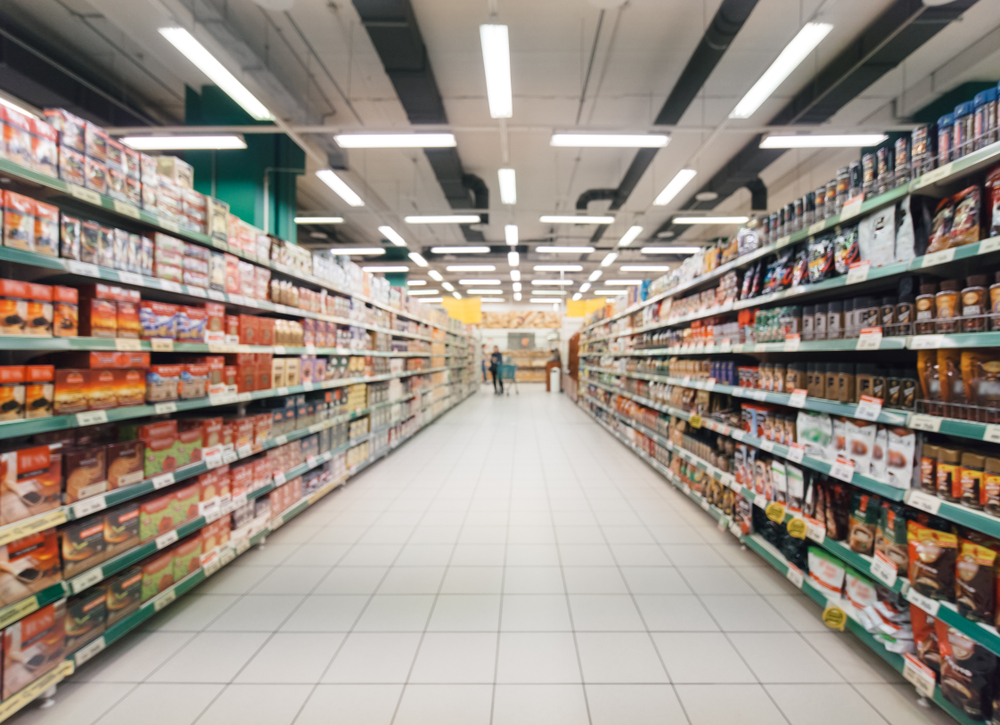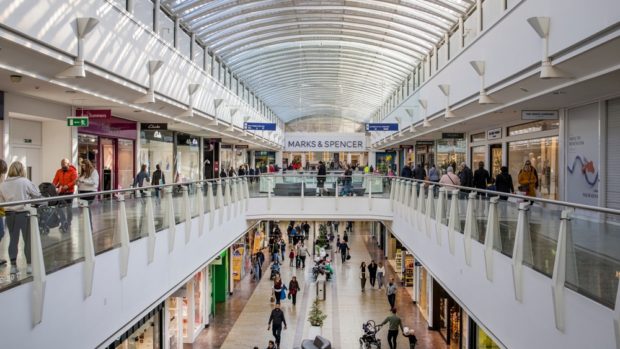
The latest ONS retail sales figures show that sales volumes were up by 1.7 per cent in January, mostly driven by food sales which increased by 5.6 per cent and non-store retailing which was up by 2.4 per cent.
Across the direct commerce sector, the overall view from DCA members was that January’s slightly improved performance helped to compensate for their less buoyant peak trading ’24 months. There does, however, remain considerable concern that consumers are nervous about the security of employment as well as inflation.
Jacqui Baker, head of retail at RSM UK and chair of ICAEW’s Retail Group, commented: “It was an encouraging start to the year for retail as shoppers took advantage of the January sales and bagged a bargain online due to the stormy weather. This was particularly needed for the retail sector following a bleak Golden Quarter and weak sales for most of 2024. Despite various headwinds, retailers remain cautiously optimistic, but it is clear consumer sentiment is extremely fragile with confidence taking a nosedive in January. That said, real wage growth remains strong, so it’s hoped this eventually feeds through to consumer spending later this year. In the meantime, it’s imperative that businesses continue to be agile and focus on truly understanding their customers’ evolving needs to stay ahead of the curve.”
Thomas Pugh, economist at RSM UK, added: “At face value, the 1.7 per cent jump in retail sales volumes in January is a good start to the year that should help growth pick up.
“However, today’s retail sales data feels like a seasonal adjustment issue rather than real growth. The boost to retail sales was entirely driven by higher food sales, which rose by 5.6 per cent month-on-month, the fastest growth since 2001 excluding pandemic stockpiling. Perhaps this is driven by people going on a health kick and buying much greater quantities of healthier meat and sourdough loaves. But we saw a very similar pattern last year when food sales dropped by 4 per cent in December 2023 and then jumped 3.8 per cent in January 2024. Indeed, we know that the ONS has struggled to adjust for Black Friday and shifting timing of consumer spending patterns.
“If the pattern is real, then it’s probably due to more people eating at home, so could come at the cost of the hospitality sector, meaning it may not give such a boost to the overall economy. Plus, with consumer confidence rising, but remaining at depressed levels, we think consumer spending will only creep up this year.








Share